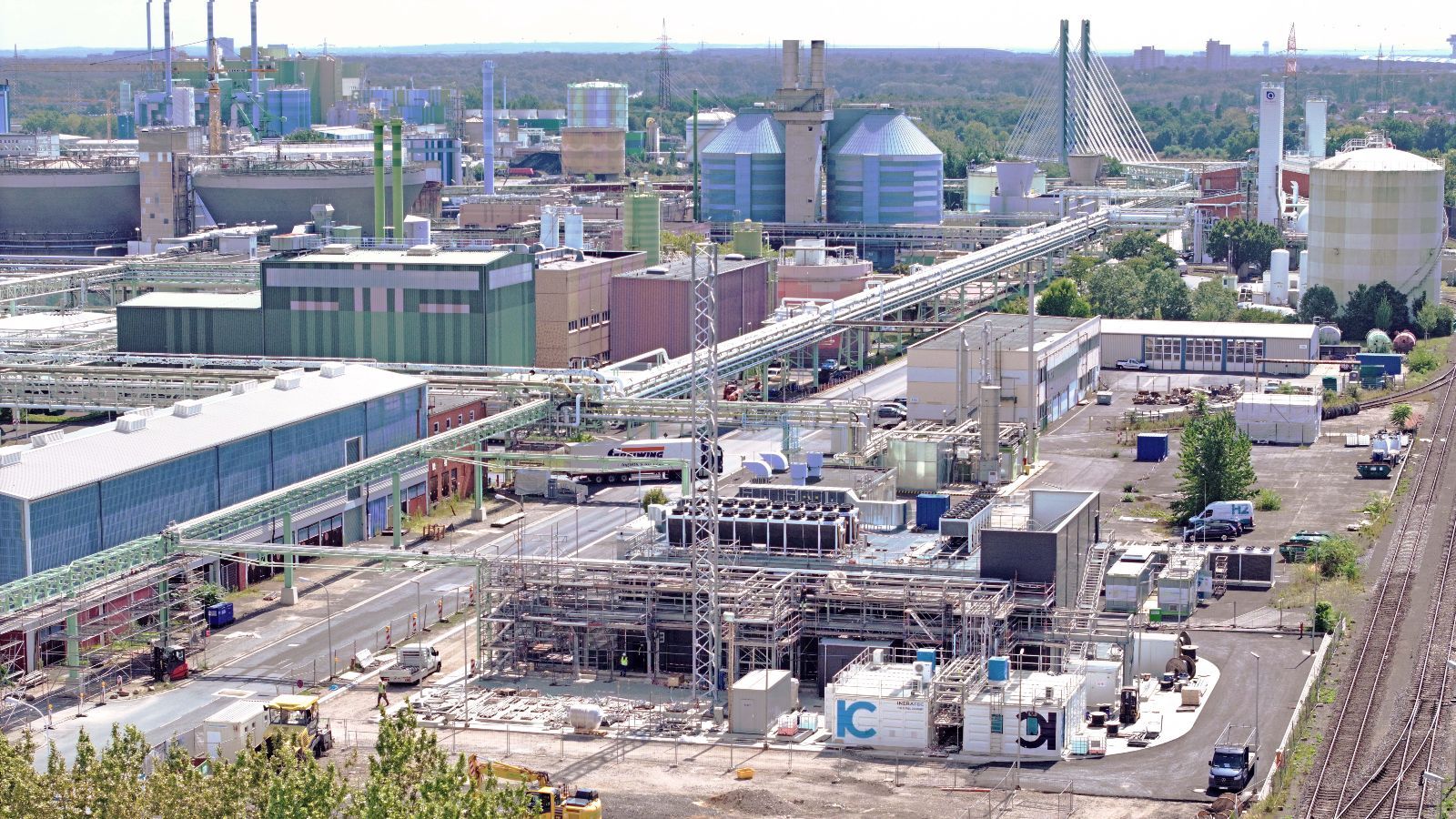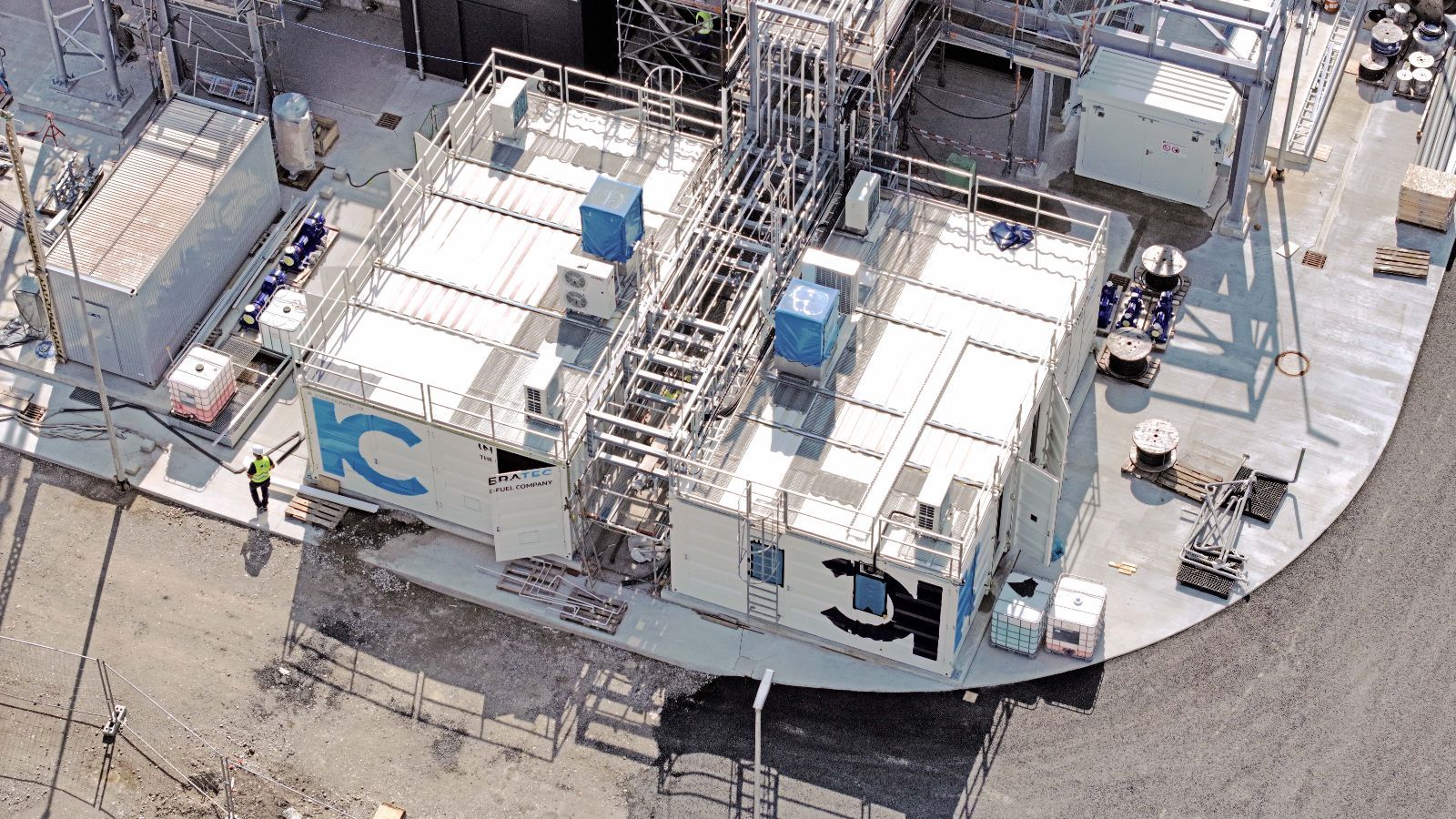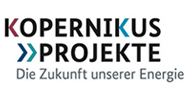P2X
Powering the Future: Frankfurt Launches Groundbreaking E-Fuels Plant
INERATEC, a key partner in the P2X project, is building what will be the world’s largest e-fuels facility in Frankfurt – a major milestone in the transition to climate-friendly mobility and a fossil-free future. Synthetic fuels made using renewable energy are a crucial part of the energy transition. To make them widely accessible, they must be produced and refined efficiently on an industrial scale. INERATEC’s new plant sets the benchmark.

E-Fuels as a Key Technology for the Energy Transition
E-fuels – synthetic fuels produced using renewable electricity – are seen as a key technology for achieving net zero. They have the potential to replace fossil fuels in many sectors, especially in areas where direct electrification isn’t feasible. In transport, this includes aviation, shipping, and heavy-duty road haulage.
Despite their promise in helping to decarbonise mobility, e-fuels still face significant challenges. Their production needs to be scaled up and tested under real-world industrial conditions. The pioneering facility in Frankfurt marks a major step forward. Within the framework of the Kopernikus project P2X, the P2Fuels demonstration plant is particularly focused on refining the crude synthetic output into ready-to-use fuels.
From CO₂ to Clean Fuels – at Industrial Scale
Located in the Höchst Industrial Park the Frankfurt facility is designed to recycle up to 8,000 tonnes of CO₂ per year. By combining the captured greenhouse gas with hydrogen, it will produce around 2,500 tonnes of sustainable e-fuels and chemical products. At this commercial scale it will be the largest plant of its kind anywhere in the world. Thanks to its modular design, production can be expanded flexibly as demand grows – a crucial step towards defossilising future mobility.
Within the P2Fuels project up to 350 tonnes of the annual output will be refined on site into sustainable aviation fuel (SAF) or e-kerosene. To achieve this, the facility will be expanded to include an additional upgrading step for fuel refinement.

Global Impact: Modular Technology for a Global Market
This transformation isn’t confined to Germany. INERATEC is already working on international projects in Chile, Italy, Japan and Malaysia to make sustainable e-fuels available worldwide. The modular nature of the technology allows it to be easily adapted to different site requirements, including the construction of large-scale facilities in regions with abundant renewable energy – so-called global “sweet spots”. From these locations, the clean fuels can be distributed around the world.
Enormous Groundwork: Successes from the P2X Programme
In the first phase of the Kopernikus P2X project, researchers developed an innovative method for producing synthetic fuels. CO₂ was extracted directly from the ambient air and combined with steam in a co-electrolysis process to produce synthesis gas. This was then converted into synthetic crude oil (syncrude) using the Fischer–Tropsch process.
In the final step, the syncrude was treated with hydrogen to adjust its chemical composition, enabling the production of specification-compliant fuels through distillation. This entire process took place in a compact container unit that could produce up to 10 litres of syncrude per day.
In the second project phase, the process was scaled up twentyfold, and for the first time, co-electrolysis at a commercially relevant scale of 220 kilowatts was successfully combined with Fischer–Tropsch synthesis.
Next Steps: Scaling Up E-Fuels for Real-World Use
The third and current phase focuses on the final step towards replacing fossil fuels: downstream fuel processing. Here, the Fischer–Tropsch syncrude is refined and purified for specific end uses – whether in aviation, road transport, or the chemical industry. At the Frankfurt Höchst facility, the project partners aim to demonstrate that ready-to-use e-fuels can be produced at industrial scale.
The project will establish a complete, real-world production chain for synthetic fuels – from raw materials to final product. The focus lies on developing sustainable aviation fuel (e-SAF) while also making use of valuable by-products such as e-diesel and e-naphtha for heavy-duty engines or chemical applications.


